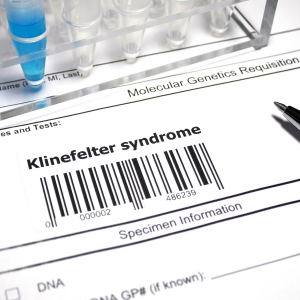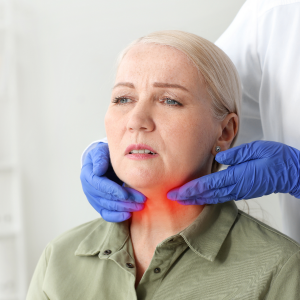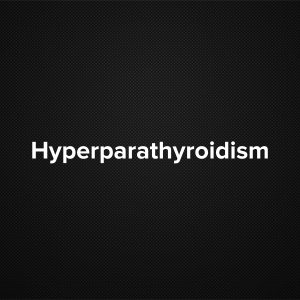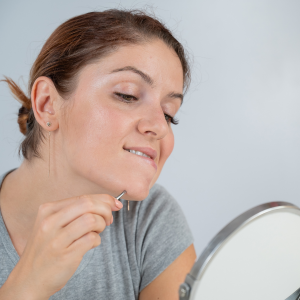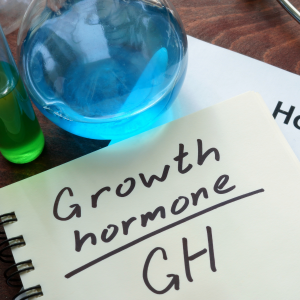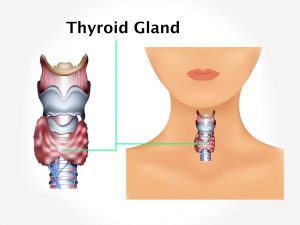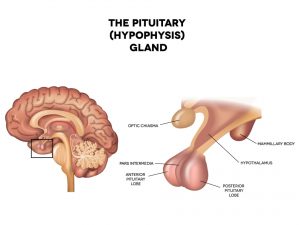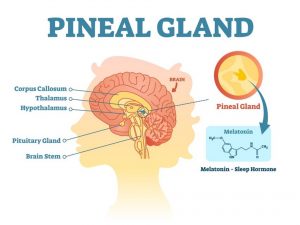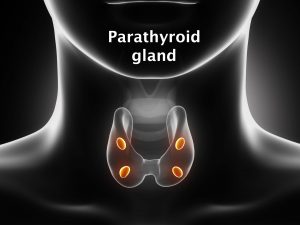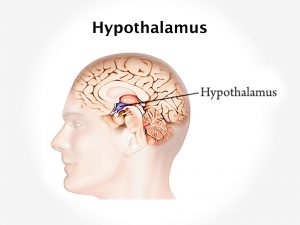Causes and risk factors
The onset of puberty is as a result of gonadotropin releasing hormone [GRH] by hypothalamus in the brain. The delayed onset of this chain reaction can be caused by an inherited tendency; having a long-term illness such as cystic fibrosis, diabetes, or kidney disease, malnutrition, polycystic ovaries, tumors, or other internal damage to your glands; hormonal conditions such as having an underactive thyroid gland, a genetic condition that affects your sexual development such as androgen insensitivity syndrome [a rare condition where a person is genetically male, but their body is insensitive to male sex hormones]. Excessive exercising, like in the case of professional athletes and gymnasts, can also cause delayed puberty.
Clinical presentation
In girls, late puberty would be diagnosed if there are no signs of breast development by 14 years of age, an absence of public hair till the age of 14, or five years have passed since the beginning of puberty and the breasts have not reached full adult development, or a girl has not had her first period by age 16. In boys, an unusually late puberty would be diagnosed if there were no signs of testicular development by 14 years of the age, absence of public hair till the age of 15, five years have passed since the beginning of puberty but the penis and testicles have not yet reached full adult development.
Investigation
Medical history by the patient and clinical examination by the doctor helps in diagnosis. Blood test for hormones is recommended. Ultrasonography and MRI for tumors and status of glands and organs is required. Urinalysis is done.
Treatment
If the child is healthy, but has delayed puberty, reassurance and prediction based on the bone age needs to be provided. No other intervention is generally necessary. In more extreme cases, or cases where the delay is more extremely distressing to the child, a low dose of testosterone or estrogen for a few months may bring the first reassuring changes of normal puberty. If the delay is due to systemic disease or under nutrition, the treatment is provided accordingly. If there is a permanent defect of the reproductive system, treatment usually involves replacement of the appropriate hormones. Pubertal delay due to gonadotropin deficiency is treated with testosterone replacement or with HCG. Growth hormone is another option that can help to some extent.
Other Modes of treatment
The other modes of treatment can also be effective in treating delayed puberty. Homoeopathy is a science which deals with individualization and considers a person in a holistic way. This science can be helpful in combating the symptoms. Similarly, the Ayurvedic system of medicine which uses herbal medicines and synthetic derivates are also found to be effective in treating delayed puberty.




